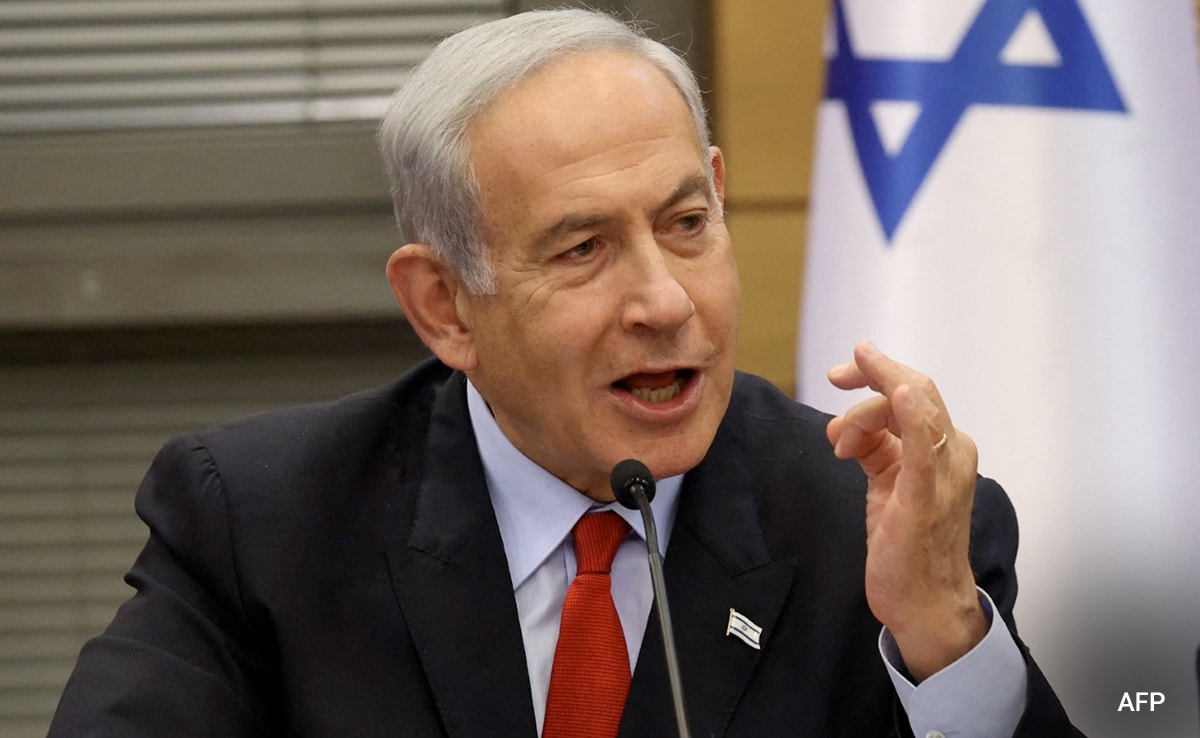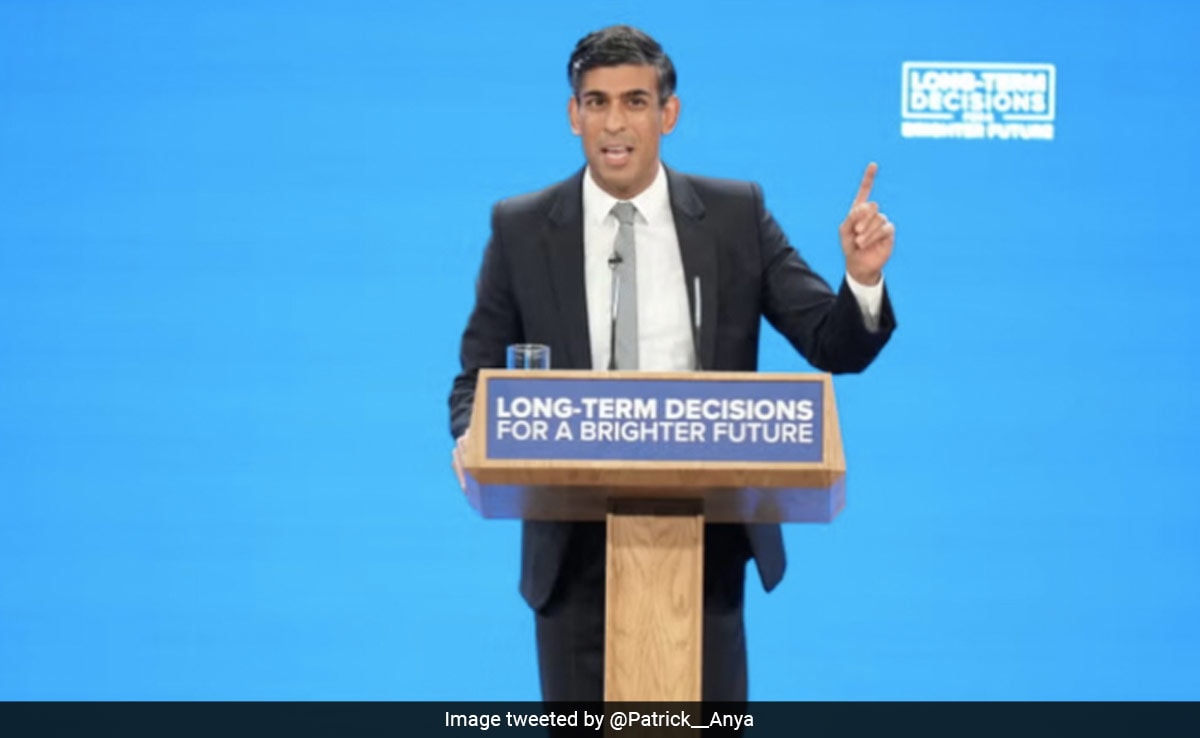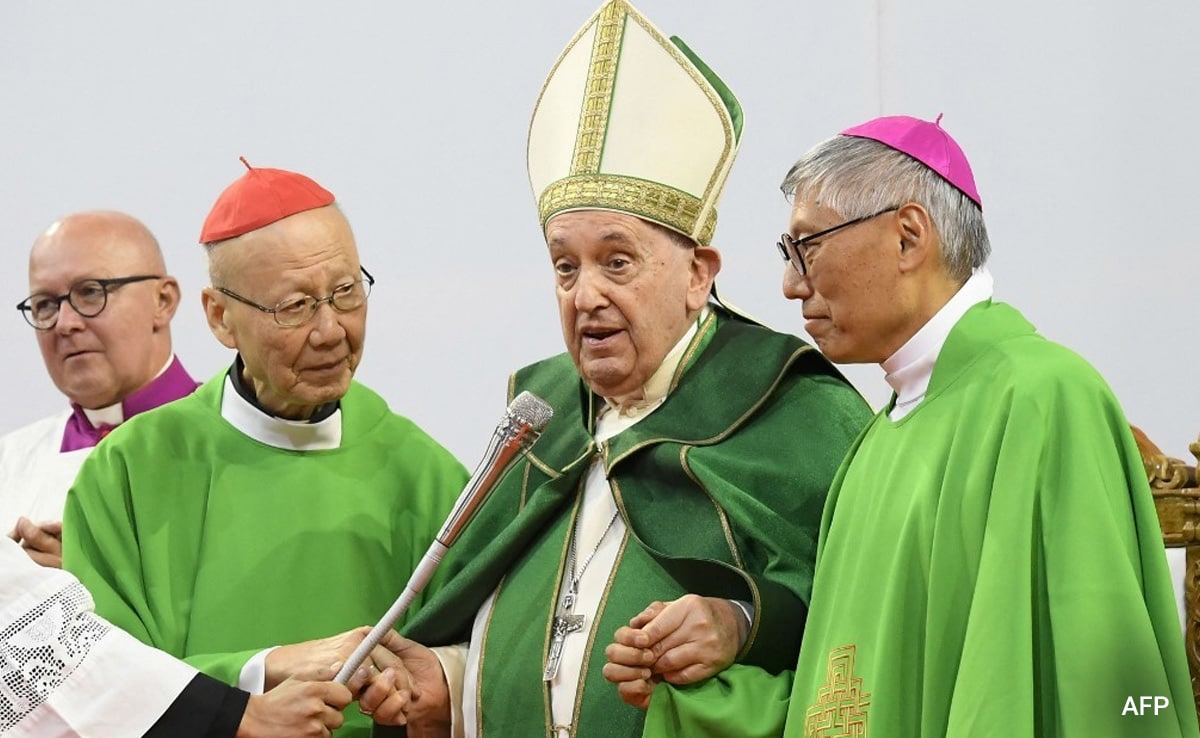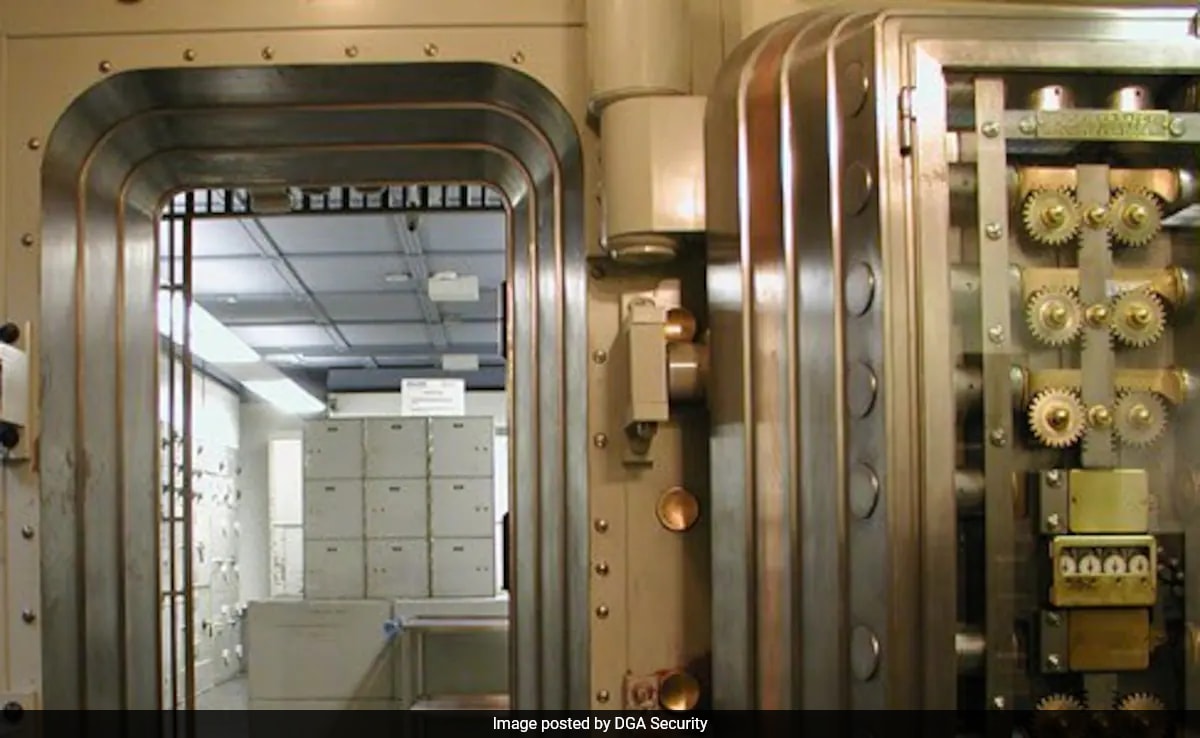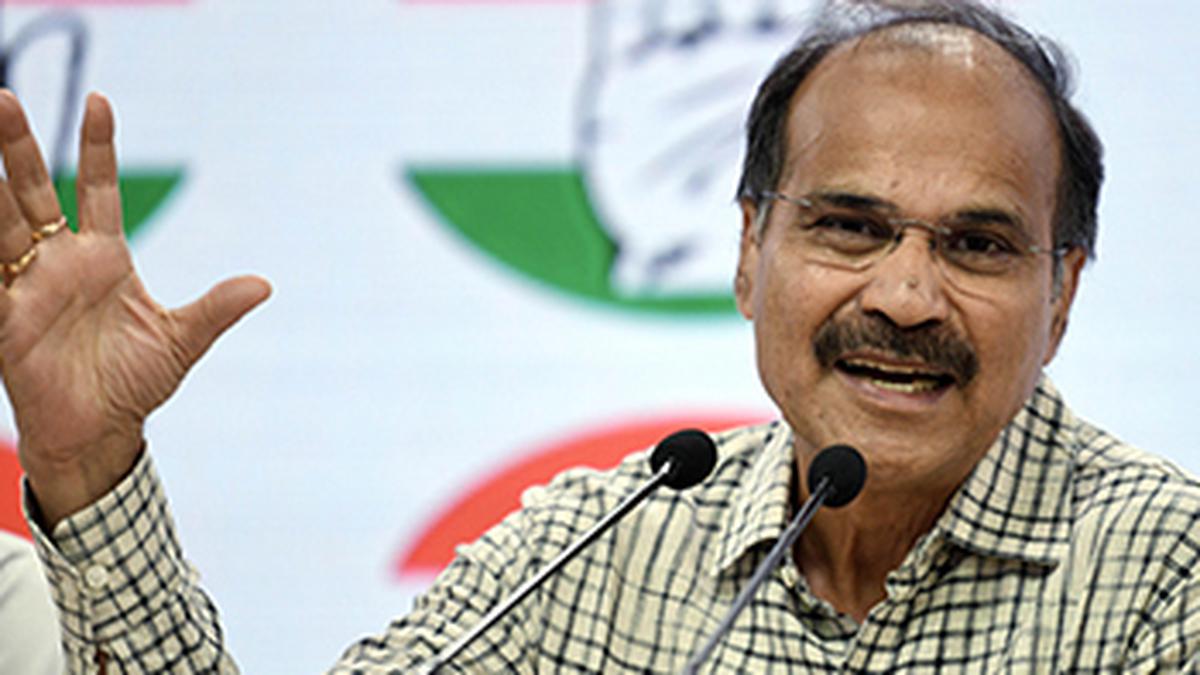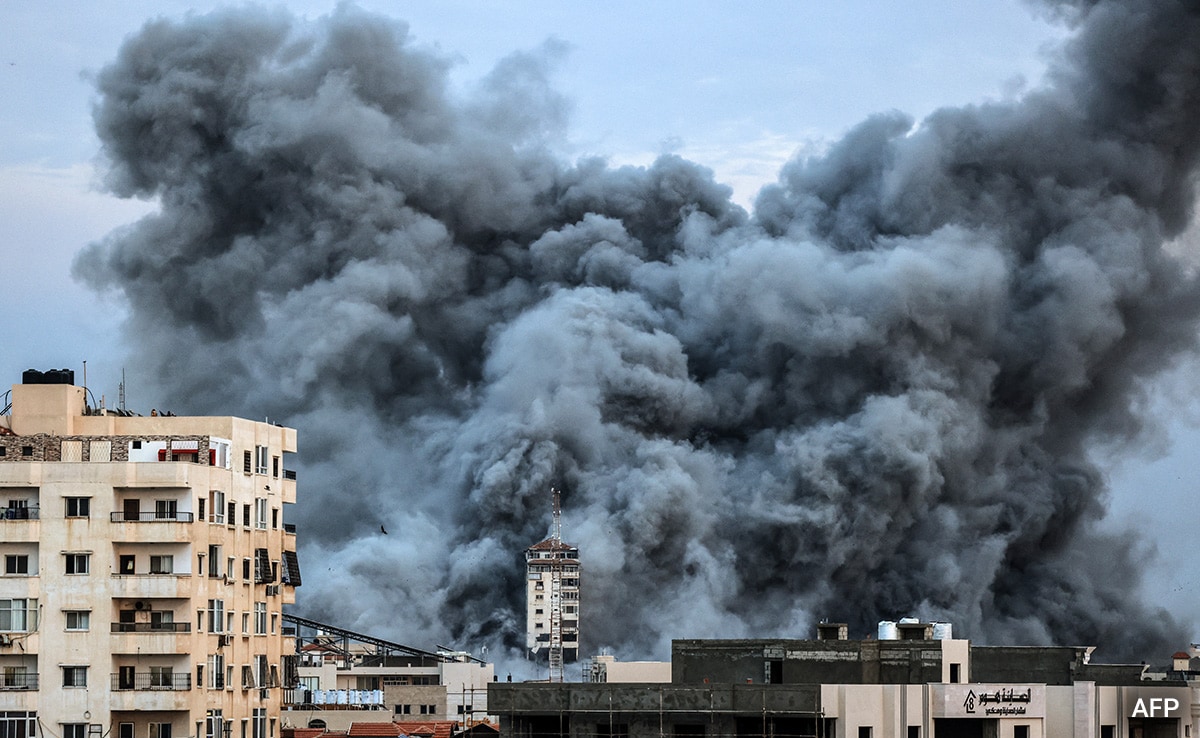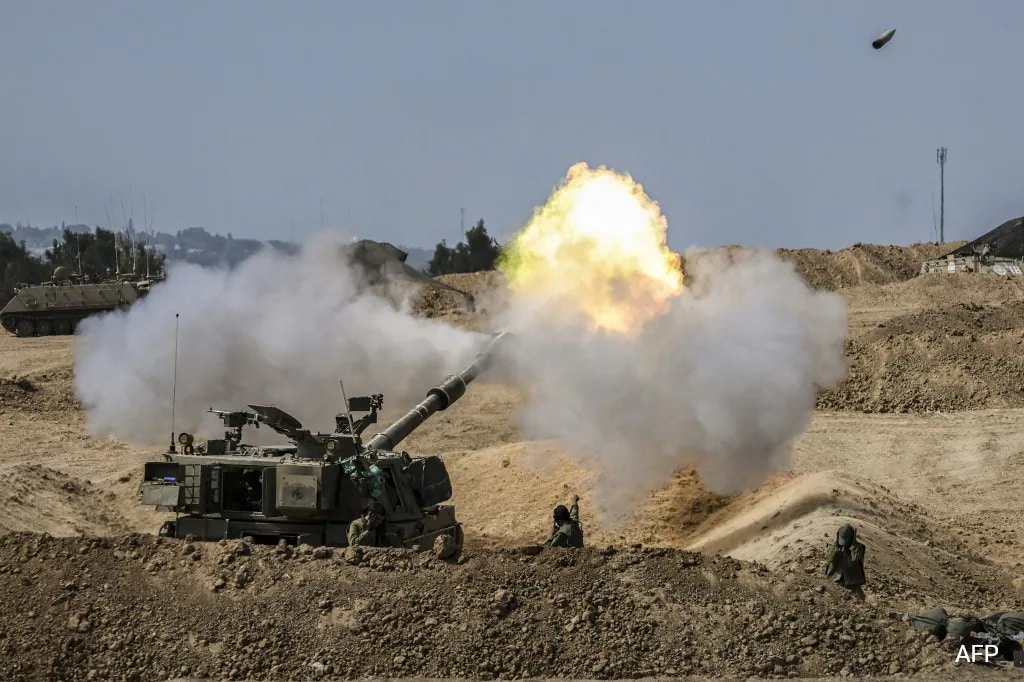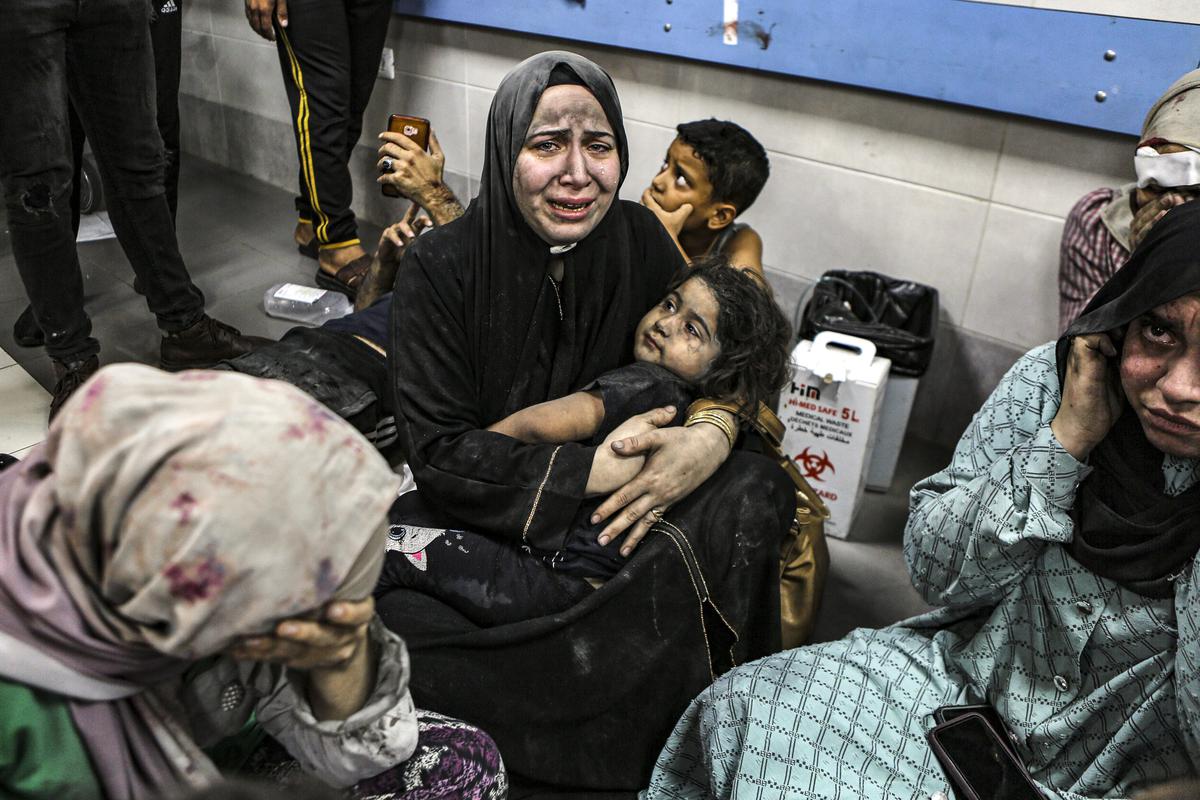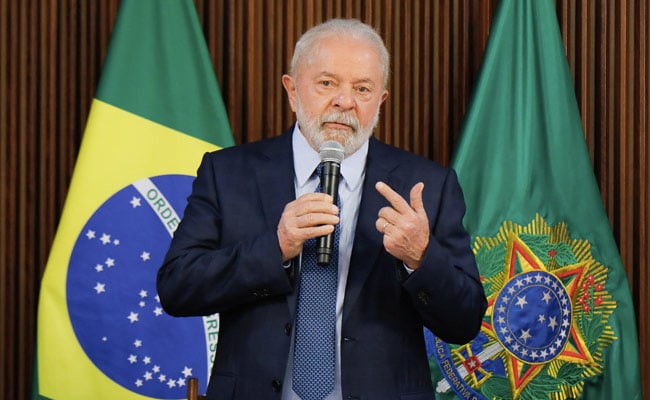Born in Tel Aviv in 1949, Mr Netanyahu’s family moved to the US for a few years in the early 60s.
It is rare in any country’s history for a person to rule longer than the nation’s founder, but Benjamin Netanyahu is no stranger to shattering records. Israel’s youngest and longest-serving prime minister, Mr Netanyahu is a former distinguished soldier who joined politics in 1988 and rose through the ranks to become the head of the government in just eight short years.
A hardline nationalist, Mr Netanyahu, who is also known as ‘King Bibi, has always been unfazed by criticism for never really giving peace with Palestine a chance despite being in an unrivalled position to do so when he first came to power in 1996. But his carefully cultivated image as the only person who can keep the country safe has taken a beating after at least 1,300 Israelis have been killed since Hamas launched a surprise land-sea-air attack on the country on October 7.
The attack, and the subsequent declaration of war by Israel, comes at a time when Mr Netanyahu is facing bribery allegations as well as protests over his government’s proposed judicial overhaul.
Early Life
Born in Tel Aviv in 1949, Mr Netanyahu’s family moved to the US for a few years in the early 60s and he returned to the country in 1967, when he was 18. He joined the army and went on to become a captain in Israel’s elite commando unit, the Sayeret Matkal, which is speculated to be involved in current hostage rescue missions in Gaza.
Mr Netanyahu left the Army and went to the US to study at MIT between 1972 and 1976. His last year at MIT coincided with the death of his brother Yonatan (Yoni) Netanyahu – one of Israel’s most celebrated military heroes and a decorated officer of the Sayeret Matkal.
Yonatan Netanyahu died during a hostage rescue mission, Operation Entebbe, in which more than 100 captured Jewish hostages were rescued.
Entering The Public Eye
Mr Netanyahu returned to Israel in 1978 and founded The Jonathan Institute in his brother’s memory. He was Israel’s Permanent Representative to the UN from 1994 to 1998 and began to gain prominence.
He made his political debut in 1988, fighting and winning in the parliamentary (Knesset) elections on a ticket of the right-wing Likud party and being named the deputy foreign minister. He became the party’s chairman and the leader of the opposition in 1993.
The then prime minister, Yitzhak Rabin, who was leading efforts to come to a peace agreement with Palestine, was assassinated in 1995 and Mr Netanyahu became Israel’s first directly elected Prime Minister a year later.
Hawkish Stance
In his 16 years in power over six terms, Mr Netanyahu has been known to prefer the exercise of power over choosing the path of peace.
After the deadly attacks against his country, ‘King Bibi’ has taken a hardline stance and his government has cut off electricity, food, fuel and water supplies to Gaza. “Hamas is Daesh (Islamic State group) and we will crush them and destroy them as the world has destroyed Daesh,” the Prime Minister said in one of his many statements denouncing the attacks.
Mr Netanyahu has also warned that what the country will do to its enemies will reverberate for generations and that Israel will “change the Middle East”.
Orders To Evacuate
Israel on Friday ordered over a million residents in Gaza to relocate south within 24 hours, stating that this was for their own safety and that they were being used as human shields by Hamas terrorists.
Despite the UN calling on the Israel military to take back the mass relocation order to avoid the tragedy turning into a “calamitous situation”, Israeli tanks have begun massing on the Gaza border, lending credence to speculation of a ground invasion.
Over 3,700 people have died in the Israel-Hamas War, which entered its seventh day on Friday.
Waiting for response to load…





